Zoomtown-on-Sea anyone?
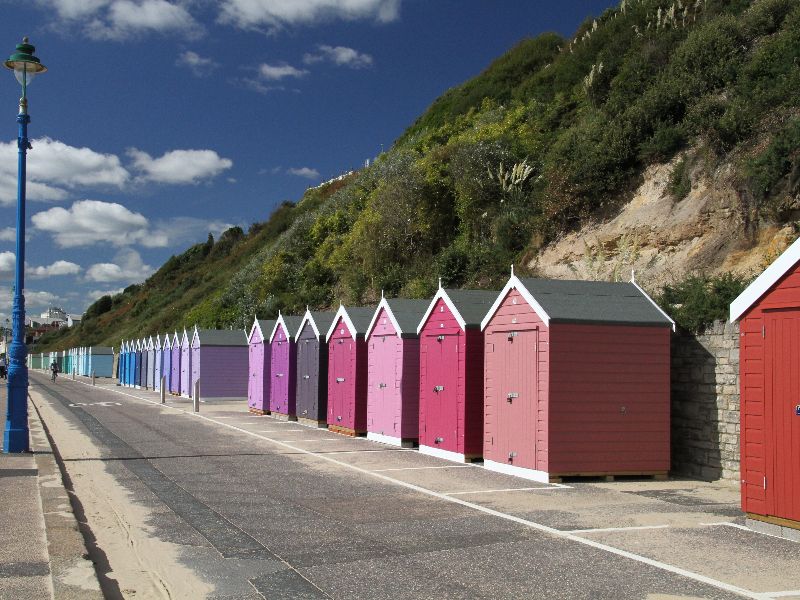
For many, the COVID pandemic has been an opportunity to take stock of life and to reassess what we are doing and why we are doing it.
Lockdown has challenged us to think about our homes: where we live, why we live there, and how we live. For those required or encouraged to work from home, lockdown has provided both challenges and opportunities, frustrations, and reliefs and for many a eureka moment. We can now live where we want to live rather than where we have to live. Some are giving in to the call of the sea, others to that of the rural idyll.
Living for work or working to live?
Many have found that work was the driving factor determining where they lived and why they lived there and that once freed from the shackles of the daily commute their minds were free to consider where they would live if working to live rather than living for work.
Property portals and estate agents have all reported demand rising for homes by the sea or in rural idylls and falling demand for homes, flats, and apartments in bustling urban areas and city centres.
One such family, highlighted by the BBC this week were the Lancasters (Sam, Craig and daughters Sophie and Olivia) who when freed from the daily commute left Newbury for Scarborough
Is the residential tide turning?
Will the pandemic cause a reversal of the long-term trend of urbanisation, freed from the constraints of the commuter belt will we spread out to the coast and country?
Between 2001 and 2019, the population in towns rose by 12% in England, by 8% in Wales and by 16% in cities (excluding London) and by 19% in Outer London and 27% in Inner London
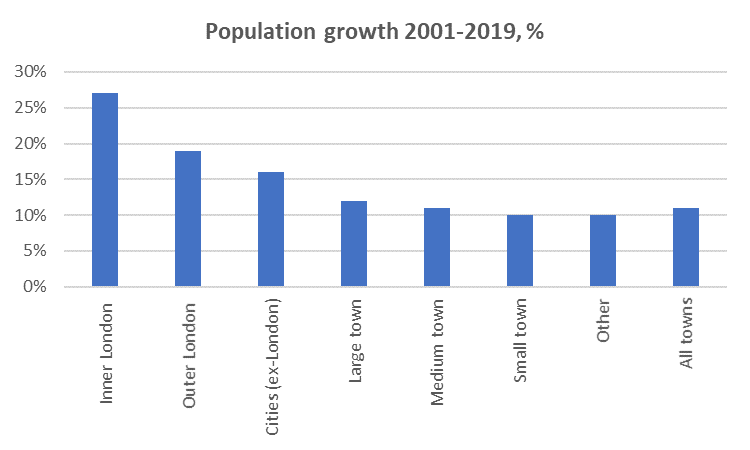
Whilst we have seen growth in urban populations the trend was definitely a downward one in the rural areas of the UK.
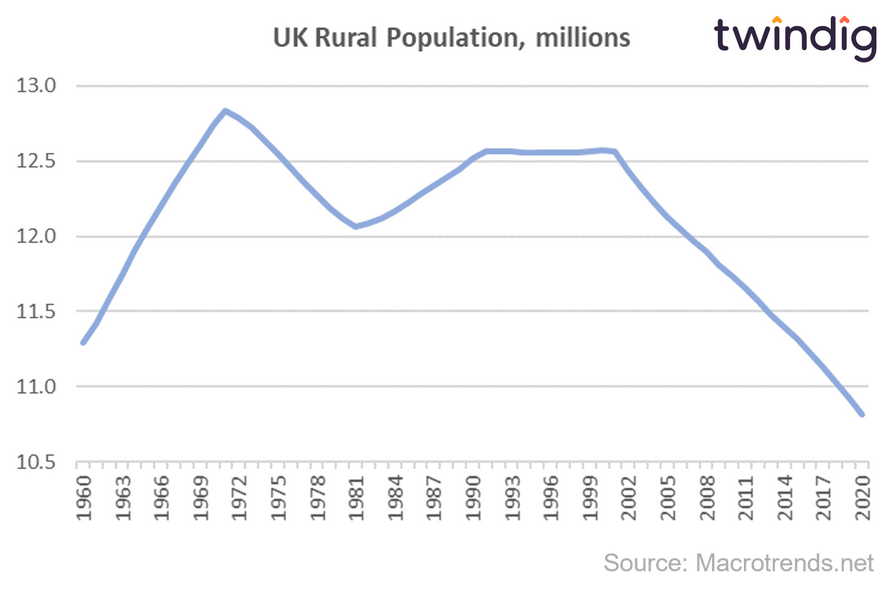
However, a combination of the pandemic, working from home, and broadband speed may be about to reverse these trends.
Working from home comes of age
When it comes to working from home, I was one of the early adopters (and I am very rarely found in that camp). Since 2010 I have been working from home for at least one day a week. The life of the early adopter is never an easy one, many felt my working from home was similar in nature to a day off.
The pandemic forced a working from home social experiment and it turns out that you can actually work from home, and those early adopters may have been doing just that.
Broadband comes home
Working from home would not have been the success it has been without the improvements in broadband coverage across the UK.
Ofcom's Connected Nations reports from 2017 and 2020 highlight the improvements made over a short space of time.
Not only has the speed of broadband increased, but the costs have also come down. Housebuilder's tell us that broadband speed one of the first things prospective buyers ask about and space for a home office is higher up homebuyer's lists of priorities than a garage.
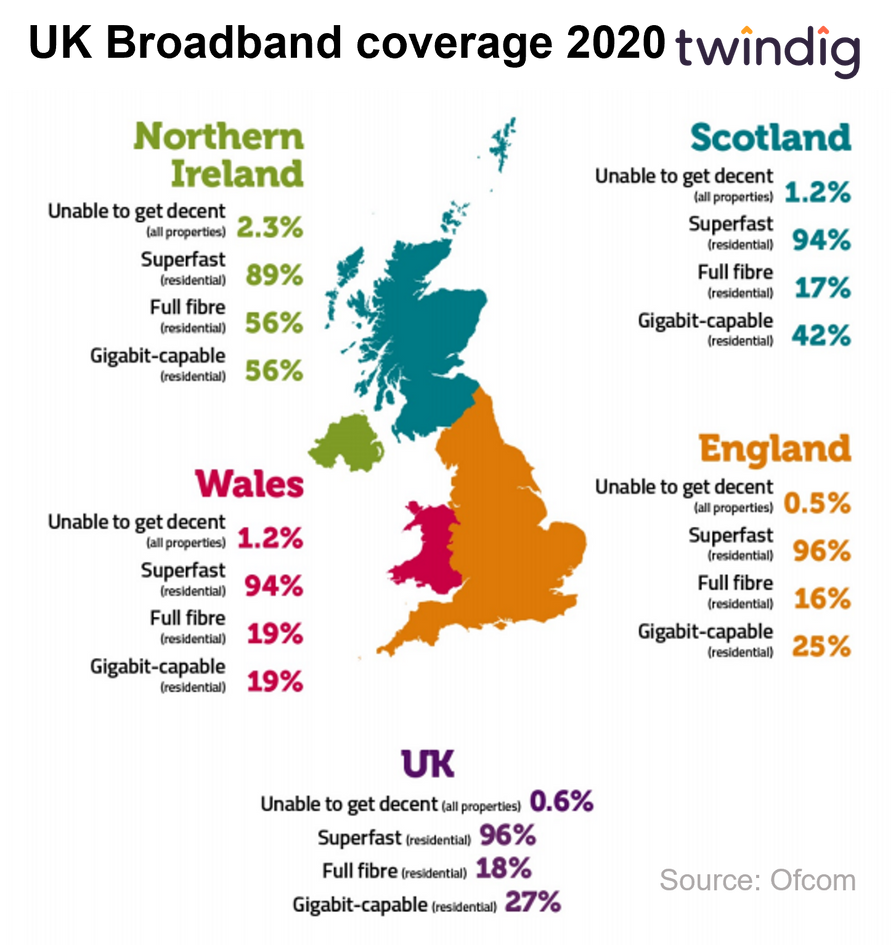
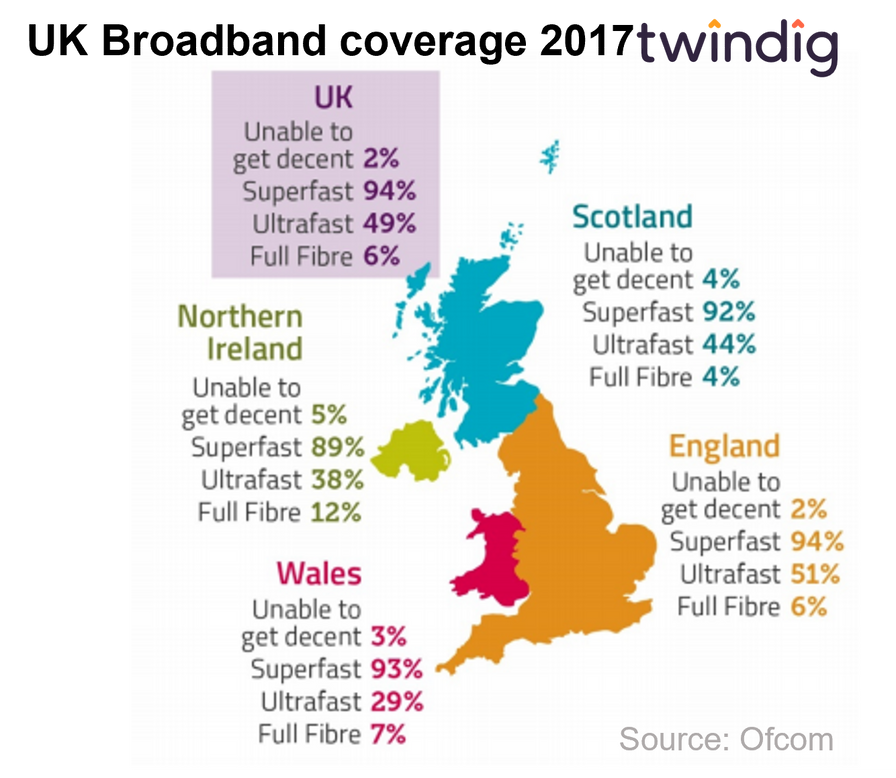
The invisible hand rebalancing the UK economy
The long-term trend of urbanisation has pulled the workforce out of coastal and rural areas.
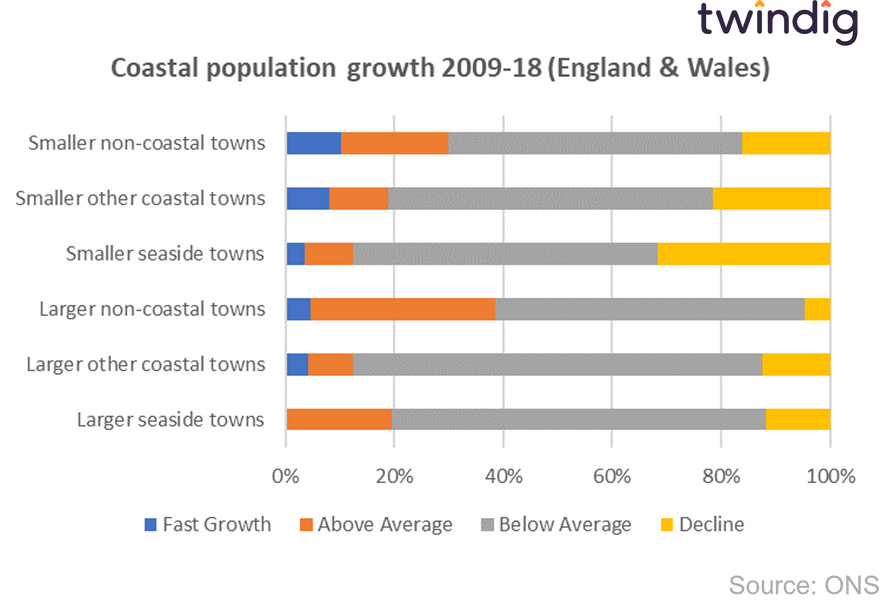
As the workers have left, the opportunities for those remaining have dwindled, creating an unfortunate spiral of decline
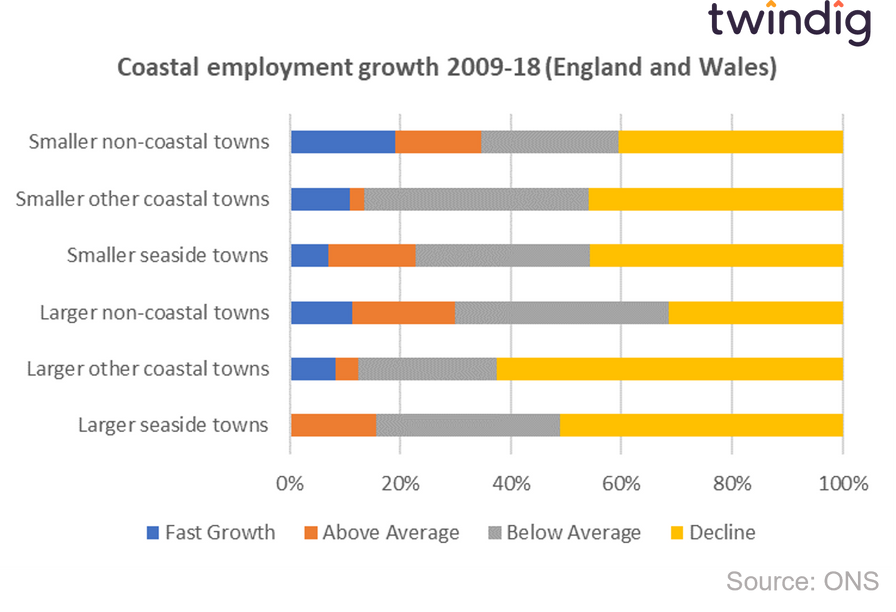
However, the coupling of fast broadband and working from home has created a footloose workforce that can choose where to live themselves rather than having that decision influenced by their chosen or available employment opportunities.
Even a small migration back to coastal and rural settings will increase the number of jobs in a community as those able to work from home create more opportunities for those who cannot. Wealth will be spread across the country as we get off our urban treadmills and take the opportunity to wake up and smell the fresh air.
Many will of course chose to remain in urban environments, we are not making a judgement, either way, we are merely celebrating the opportunity and choice provided by the pandemic's working from from home social experiment.